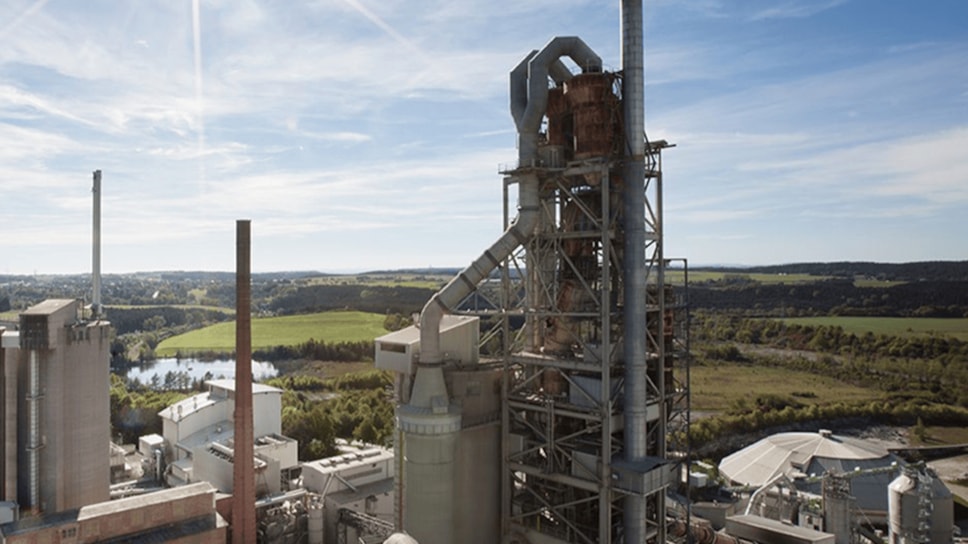
Turning industrial ambitions into concrete actions
Supporting the cement industry with state-of-the-art sustainability technology that converts waste heat into electricity, another example of energy being an asset that supports business
The cement industry is said to be responsible for about 8% of global CO2 emissions, with reducing emissions across the industry critical to achieving global climate targets.
That means a more efficient use of excess waste heat from production processes is key to tackling the huge challenge of making the industry’s high energy consumption more sustainable.
To support this, E.ON is working with Swiss-based cement manufacturer Holcim and Orcan Energy on a large-scale waste heat recovery project at Holcim’s cement factory in Dotternhausen, Germany – a forward-looking approach to greater energy efficiency and decarbonisation in the energy-intensive cement industry.
The aim is to efficiently recover previously unused industrial waste heat and make it available both for supplying the site itself, as well as becoming a source for local heat networks and providing electricity to the grid.
The idea is to extract around 10MW of previously unused thermal power at a height of around 70 metres from the exhaust gases of the rotary kiln. Then, it is fed into a high-temperature thermal oil cycle, which transports it to the various uses.
One such technology as an Organic Rankine Cycle (ORC) system – a high efficiency way of generating electricity from heat sources – now captures the plant’s furnace waste heat and turns it into electricity, cutting emissions without burning more fuel.
E.ON is responsible for the planning, construction, financing, operation and maintenance of the new energy system. For Holcim, this means no initial investment, but sustainable energy savings and CO₂ reductions over the entire term.
“Our goal for the energy infrastructure is to reduce energy consumption where the greatest potential lies. This is particularly the case in very energy-intensive industries. Projects like this show how industrial waste heat can not only be used efficiently, but also integrated into the regional heating market,” said Marten Bunnemann, CEO of E.ON Energy Infrastructure Solutions (EIS).
“This project marks an important milestone on our path to decarbonising cement production. The smart use of industrial waste heat not only reduces our Scope 2 emissions, but also strengthens our role as a pioneer in sustainable building materials,” said Dieter Schillo, Plant Manager at Holcim Southern Germany.
The project is funded by the Federal Ministry for Economic Affairs and Climate Protection (BMWK). Further roll-outs are already part of the joint planning.
In today's rapidly evolving business landscape, energy is no longer just a utility; it's a strategic asset that can drive growth, efficiency, and sustainability. E.ON is at the forefront of this transformation, pioneering innovative energy solutions that are tailored to meet the unique needs of businesses and to help turn energy into a powerful tool for business success.
